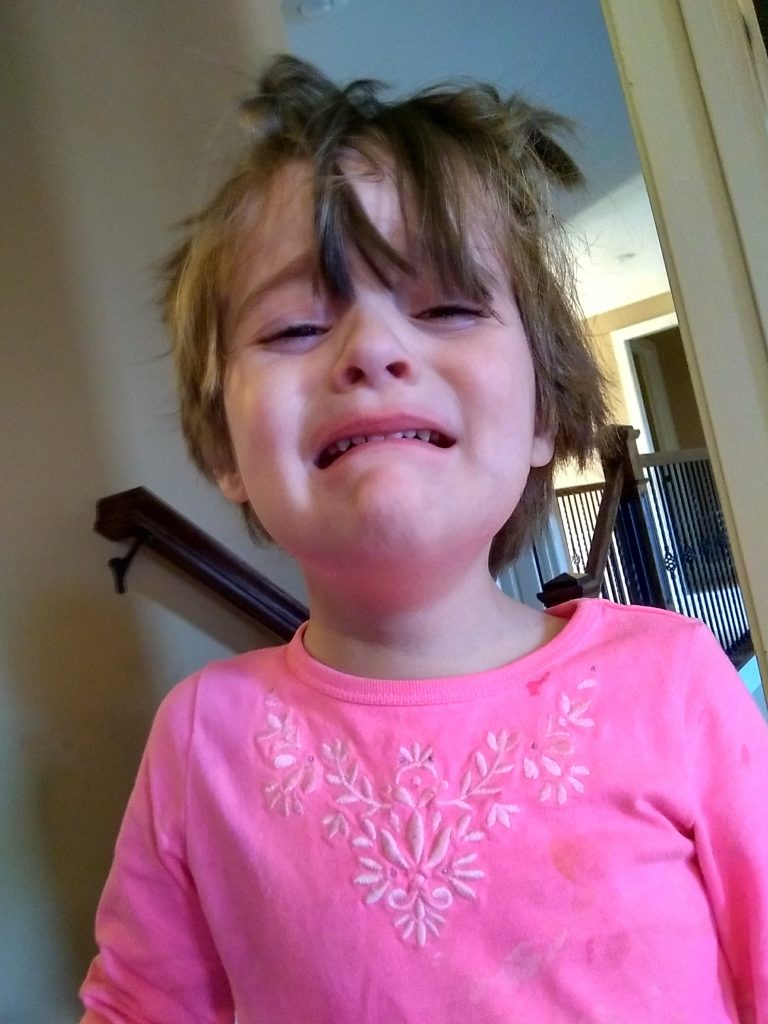I document the age-related stages children go through. It is times where they become very difficult to deal with, but then they grow in an astonishing way. I think understanding these stages may be the key to finally understanding, healing, and fundamentally respecting child development and its enormous importance. How we handle children can go really well or really poorly.
These age-related milestones create an explosive mix. During a developmental stage, a child becomes difficult. It is typical of boys, for instance, in the late fours to become aggressive. They might kick, hit, and pummel other people, often adult men. Girls can get very, very whiny. This is all but exasperating for a lot of parents. There is overlap in the sexes and everything, but I offer these as highly relatable examples of how these stages affect a typical family.
And here’s the issue: during these times of highly irritating behavior, some highly important brain growth is occurring. My argument in my Misbehavior is Growth book series is that these irritating behaviors are bids for connection. The child is all but demanding that their intellectual growth needs be met.
So you have here a highly explosive mix: the child is highly irritating but during a highly sensitive developmental period. In other words, the risk for abuse is high and the damage inflicted would be serious. This is what I want to impress on people.

Our culture is not tolerant of hearing that developmental trauma actually affects us. Read through the work of trauma therapists and see how exasperated they are when they try to show that developmental trauma (which is in childhood) is just as horrific as blunt or other life traumas. The research shows emotional and verbal abuse is just as bad as physical abuse as well. You can start with Dr. Bessel van der Kolk’s work, The Body Keeps the Score. He tried to make developmental trauma recognized as a condition but was turned down by those declaring it was mere prejudice.
If I can show people how important handling these developmental stages are, maybe a dent can be made in this.
Take for instance the late fours and early fives. You can easily explore this site to see these age-related milestones. In this time, the child realizes they really can die. That’s big heavy stuff for a 4 year old. I bet you remember it from your youth. Sure, Dracula is fake, but fires are real–and you really can get hurt now. Similarly, you can also be rejected by a friend. You might not be the fastest kid in the class. I describe it in my book on 3 and 4 year olds (not released yet) as a child who realizes they “really exist” now. They lose their fantastical thinking but gain realism–and this is both a great new growth and a scary reality.
Starting at 5, children start to project out. They are really real and so is their environment. They become actors in that environment. Children at 5 love to play parts. They might pretend to be a magician, a comedian, a prince, a princess. My daughter liked to strut down shopping aisles describing herself as “famous.”
Now I want to imagine a child who was abused in this time. How will this affect their feeling of social likability?
I bet if you could identify when a child had trauma, you could find the milestone they likely were going through and find what skill they may be lacking. For instance, I was emotionally abused during this 5 year old time. I do not remember ever feeling like I was “famous” or taking pride in acting like a princess or magician. I vividly remember feeling I was intensely unlikable and told “boring stories.” I remember that to this day. This part of me never grew.
I wonder if you similarly asked traumatized victims of skills that should have grown during a particular milestone if you see that skill is missing. It is known that most personality disorders get set before the age of 6 and some well before the age of 6. In the 2s, children grow in their memory, a sense of right and wrong, and empathy. It is known narcissistic personality disorder sets somewhere between the ages of 2 and 3. What if a person’s very first experiences with these things, empathy and a sense of right and wrong, were harsh, cold, cruel, and unpredictable? This is big, heavy stuff. If you studied a child at these ages and what they do and felt and ask an suffering adult if they felt these things, I be the results would be astonishing.
Perhaps you could look at the milestones and see what kind of skills should have grown and design therapies for those very things. For instance, for the early 5s, I recommend having the child tell Knock Knock jokes while everyone laughs heartily to increase their self-confidence. Similar “trauma drama” therapies are used for adults. Being able to be in a play while others adore you is powerful therapy.
If you share my passion to see people respect and understand child development and its enormous impact, please share this article. Please see my page about Future Research to help add to and spread the work.
2 thoughts on “How Understanding Child Development Might Help Heal (and Prevent) Developmental Trauma”